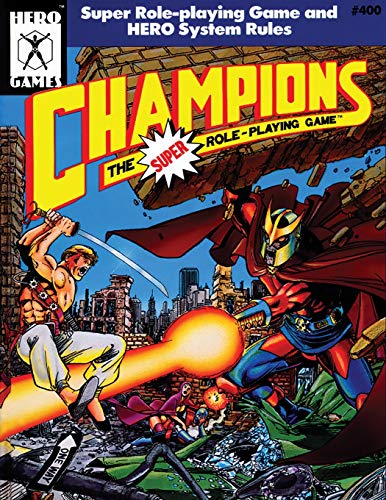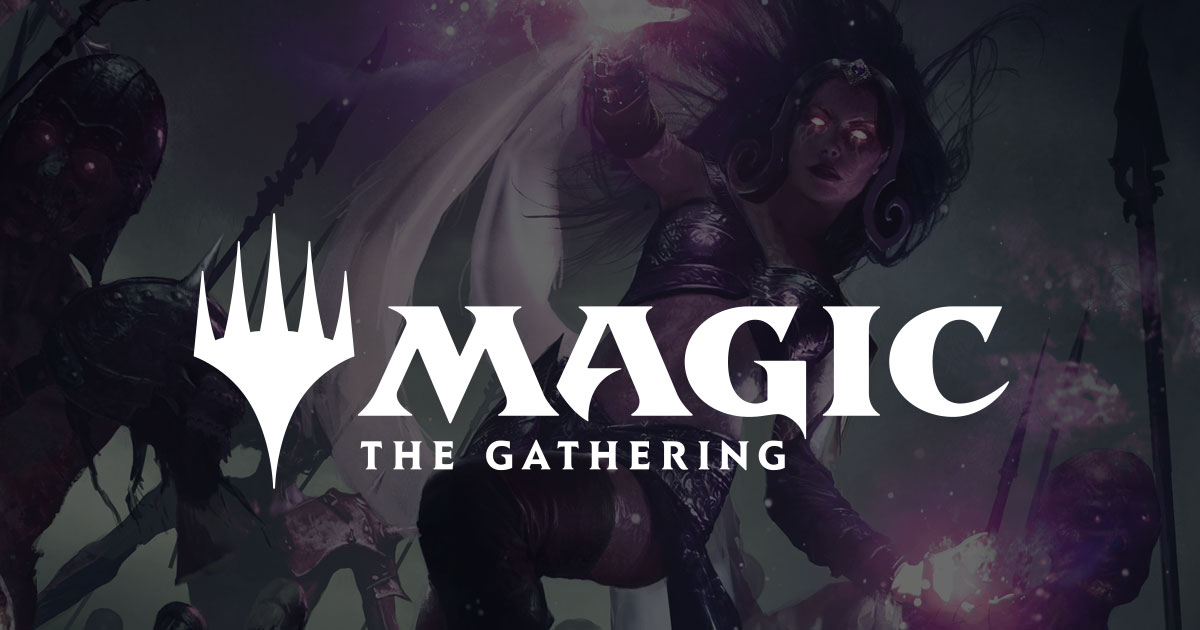EgonSpengler
Deity
- Joined
- Jun 26, 2014
- Messages
- 12,260
I was taking a glance at Green Ronin's tabletop rules for The Expanse, just because I love the books and the show. The store page outlines a couple of intriguing mechanics:
Fortune sounds like the game's way of implementing a kind of "plot armor." I read somewhere else that players earn Fortune through gameplay (the GM can give special NPC's Fortune, too). That description of The Churn is an incomplete sentence, but I think I get the gist, and as someone who used to often be the GM in tabletop games, something to help the GM move the story along sounds interesting. I hope it's more than just a fancy name for a "random encounters" table.
I don't know if The Expanse rpg takes place in the timeline of the books or the series. I'd guess it accommodates either one. Unless you're playing the actual characters from the books or the show, it probably wouldn't matter a whole lot. One of the expansion books is titled Beyond the Ring, which I suppose could take place any time from Cibola Burn or season 4 of the show.
One thing I'm interested to see is whether space combat involves all of the characters equally, and whether and how the resolution of physical actions - not least combat - accounts for zero-gravity environments. [EDIT: Accounts for zero-G in an interesting way, I mean. Not just a penalty to non-Belters. That would be boring.]
Green Ronin said:Fortune: Rather than Health, characters have a Fortune score that measures lucky near-misses, close scrapes, and trivial hits before the character takes serious harm. Fortune is also useful for modifying die rolls and offering players some narrative control but, watch out! Spend too much of it and your luck could run out when you get caught in a crossfire!
The Churn: A ticking counter that measures the crew’s progress through a story and just when things are going to suddenly go sideways and become even more complicated!
Fortune sounds like the game's way of implementing a kind of "plot armor." I read somewhere else that players earn Fortune through gameplay (the GM can give special NPC's Fortune, too). That description of The Churn is an incomplete sentence, but I think I get the gist, and as someone who used to often be the GM in tabletop games, something to help the GM move the story along sounds interesting. I hope it's more than just a fancy name for a "random encounters" table.
The Expanse said:This boss I used to work for in Baltimore, he called it the Churn. When the rules of the game change.
What game?
The only game. Survival. When the jungle tears itself down and builds itself into something new. Guys like you and me, we end up dead. Doesn’t really mean anything. Or, if we happen to live through it, well that doesn’t mean anything either.
The Expanse said:Float to the top or sink to the bottom; everything in the middle is The Churn.
I don't know if The Expanse rpg takes place in the timeline of the books or the series. I'd guess it accommodates either one. Unless you're playing the actual characters from the books or the show, it probably wouldn't matter a whole lot. One of the expansion books is titled Beyond the Ring, which I suppose could take place any time from Cibola Burn or season 4 of the show.
One thing I'm interested to see is whether space combat involves all of the characters equally, and whether and how the resolution of physical actions - not least combat - accounts for zero-gravity environments. [EDIT: Accounts for zero-G in an interesting way, I mean. Not just a penalty to non-Belters. That would be boring.]
Last edited:

 Apologies to the artist, who I'm sure tried their best, but yikes. I guess we couldn't expect them to pay for photos of the actors from the show to put in the book. And like I say, the pdf is free, so maybe the actual book that you spend money on has better illustrations.
Apologies to the artist, who I'm sure tried their best, but yikes. I guess we couldn't expect them to pay for photos of the actors from the show to put in the book. And like I say, the pdf is free, so maybe the actual book that you spend money on has better illustrations.
 It's sometime around the end of Season 5 or the beginning of Season 6 of the show. My character, Taran, is in his late 30s and adrift. He has his small cargo ship, The Orestes, a little money to live on until he can find work, a handgun, and the clothes in his back. He has two NPC Allies he can call on once in a while: His former boss in the Earth corporation, and a friend from Ceres who's part of an OPA faction that opposes Inaros (perhaps they join up with Camina Drummer later?). Taran's a pretty decent businessman, with a background in hydroponics, and hey, everybody needs to eat, right? He has all the basic proficiencies to operate his little cargo ship by himself, but he's not much of a fighter, and there's still a Golden Bough mobster out there who'd like to have a little chat.
It's sometime around the end of Season 5 or the beginning of Season 6 of the show. My character, Taran, is in his late 30s and adrift. He has his small cargo ship, The Orestes, a little money to live on until he can find work, a handgun, and the clothes in his back. He has two NPC Allies he can call on once in a while: His former boss in the Earth corporation, and a friend from Ceres who's part of an OPA faction that opposes Inaros (perhaps they join up with Camina Drummer later?). Taran's a pretty decent businessman, with a background in hydroponics, and hey, everybody needs to eat, right? He has all the basic proficiencies to operate his little cargo ship by himself, but he's not much of a fighter, and there's still a Golden Bough mobster out there who'd like to have a little chat.